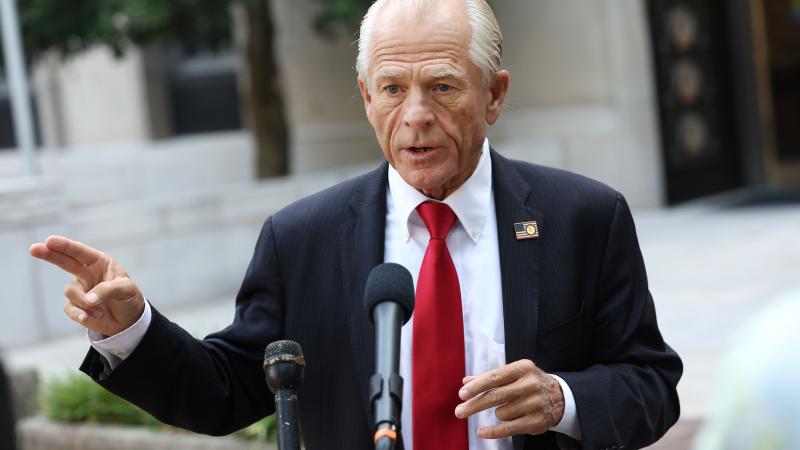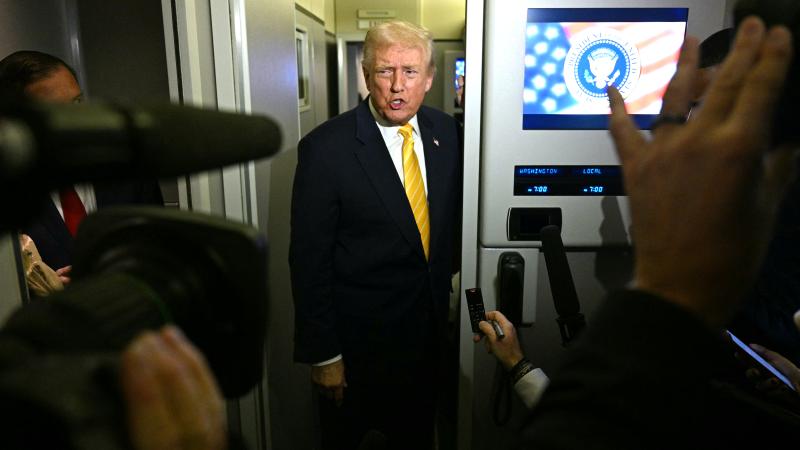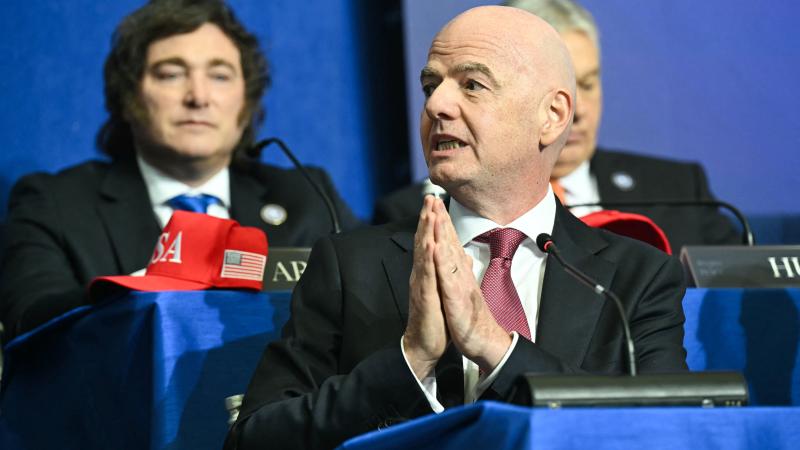Congress, Barbie work in tandem to spotlight challenges for Americans with Type 1 diabetes
As Type 1 Diabetes is on the rise and seen more in the news, the U.S. Senate held a hearing to discuss the future of the disease.
Congress and global toy maker Mattel recently combined their efforts to bring awareness to the increasing number of type 1 diabetes cases in the U.S. and to the challenges young Americans face in living with the incurable disease.
The Senate Appropriations Committee held a hearing Wednesday in which three young women testified about learning to manage the disease in addition to their academic and athletic demands.
"People see me win a national title or run up the wall on TV, but they don’t ... see the toll it takes because a lot of us with T1D carry it well. We have to," Katie Bone, a USA Speed Climbing national champion, said at the hearing, titled, “A Future Without Type 1 Diabetes: Accelerating Breakthroughs and Creating Hope.”
"Today, I wear a continuous glucose monitor on my arm. It gives me a blood sugar reading every five minutes and lets me see trends in real time on my phone," continued Bone, part of the advocacy group Breakthrough TID, which brought her and about 170 such delegates from across the U.S. to Capitol Hill as part of its biennial Breakthrough T1D Children’s Congress event to raise awareness about the disease.
"The development of this technology did not happen by accident. It is a direct result of policymakers like you, who have funded the Special Diabetes Program. That’s why I’m here to strongly urge Congress to renew the SDP. The program funds the science that makes T1D more manageable, and it brings us closer to cures. For millions of Americans with type 1 diabetes, the SDP means hope. It means the development of cell therapies that can replace insulin-producing beta cells. It means disease-modifying therapies aimed at preventing, slowing, halting, or even reversing T1D progression."
The Senate last week also introduced the Special Diabetes Program Reauthorization Act of 2025, a bipartisan bill to reauthorize the funding for the Special Diabetes Program – which has been responsible for valuable research breakthroughs for the disease.
Without the extension, the program is at risk of expiring at the end of the fiscal year.
Breakthrough TID, formerly the Juvenile Diabetes Research Foundation, was on Capitol Hill through Friday and helped Mattel on Thursday debut its first Barbie doll with type 1 diabetes.
Mattel's Barbie product line said it partnered with the group to "accurately reflect the medical equipment those with this condition may utilize and the doll’s look, all the way down to the dress pattern."
"This addition to the line enables more children to see themselves reflected in Barbie and encourages doll play that extends beyond a child’s own lived experience," said Krista Berger, senior vice president of Barbie and Global Head of Dolls.
“Barbie helps shape children’s early perceptions of the world, and by reflecting medical conditions like T1D, we ensure more kids can see themselves in the stories they imagine and the dolls they love.”
The doll comes with a continuous glucose monitor and insulin pump.
The Centers for Disease Control and Prevention last year forecasted that if the rate of new diagnoses continues to increase, type 1 diabetes cases would increase by roughly 65%.
“I’m deeply thankful to all the witnesses who shared their stories and the advocates who traveled to Washington today. Their tireless advocacy for everyone living with Type 1 diabetes is truly inspiring,” said committee member New Hampshire Democratic Sen. Jeanne Shaheen.
“Now is the time to deepen our commitment to supporting people living with diabetes, and that means increasing and strengthening federal investments in research through the Special Diabetes Program and finally passing the comprehensive legislation Senator Collins and I co-author to make insulin affordable for every American.”
Collins, the committee chairwoman, said: “The delegates ... were truly inspiring, traveling to D.C. to share their stories and advocate for life-changing research to prevent, treat and ultimately cure Type 1 diabetes."















